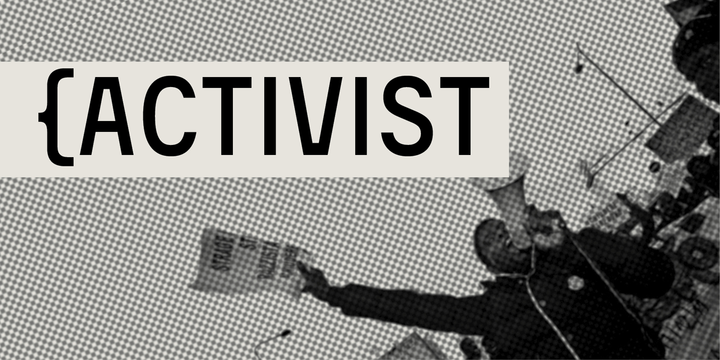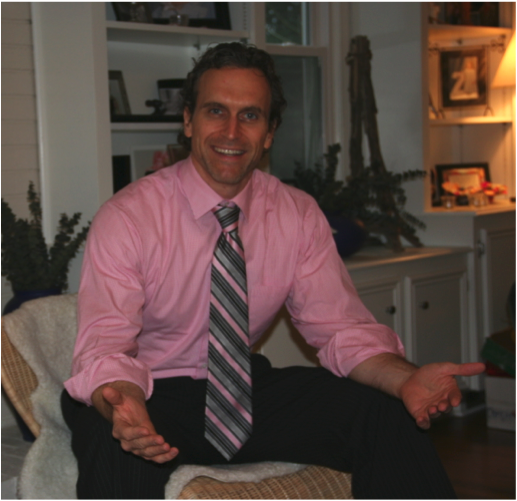If you consider any profound change that has occurred in history, it can typically be traced back to a few people who took action. Yes, sometimes it accelerated into a larger movement led from the top, but it’s rarely where it began. The seed typically was planted somewhere completely different – a few like-minded individuals who decide to act at the grassroots level.
 Often we consider well-know leaders that symbolize change as originators of it (ex like Ghandi or George Washington or Galileo). But with few exceptions, these were all standing on the shoulders of unknown activists who preceded them long before. While we cannot diminish the importance of leaders to catalyze change (it’s an essential ingredient), their success would have been impossible without activists triggering it and supporting them.
Often we consider well-know leaders that symbolize change as originators of it (ex like Ghandi or George Washington or Galileo). But with few exceptions, these were all standing on the shoulders of unknown activists who preceded them long before. While we cannot diminish the importance of leaders to catalyze change (it’s an essential ingredient), their success would have been impossible without activists triggering it and supporting them.
So what makes up an activist? Here are two very simple, but powerful, characteristics:
- Conviction – a deep held belief in something worth personally sacrificing for
- Action – doing something about the conviction to effect change
While there are many success factors for impactful activism (which we may explore in future posts), the two characteristics above define it.
Using this simple definition, consider the following questions to provoke reflection on your personal level of activism:
- are you an activist? if so, for what? …is everyone an activist for something?
- how would you evaluate your level of conviction vs action (go back to the definition)? More conviction than taking real action? Just going through the motions (actions) without conviction? Does it match?
- what is the actual impact of your activism?
- what needs to be done to make it more effective?
Picture: www.myfont.com





Great quote: “But with few exceptions, these were all standing on the shoulders of unknown activists who preceded them long before.” The biggest challenge for me is the willingness to be ‘unknown’. I like the idea that everyone could be an activist for something….how to help people figure that out?